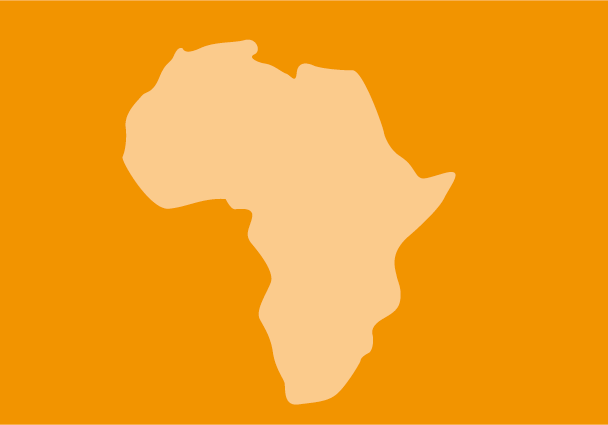
Jul 1, 1992
La CIJ a envoyé du 5 juillet 1992 au 11 juillet 1992 à Djibouti, en qualité d’observateur, Maître Béatrice Séne, pour assister au procès du Président Ali Aref Bourhan, Aref Mohamed Aref, Avocat, et de 61 autres Afars.
Le procès se déroula dans un contexte politique et social plutôt tendu- La compétence a été attribuée à un Tribunal de Sûreté de la République conformément à l’ordonnance no. 77.062 du 16 août 1978 qu’il conviendra d’examiner en détail avant l’énoncé des faits. L’étude de la procédure, des débats, permettront d’effectuer une analyse juridique, politique et sociale du procès.
Djibouti-trial Aref-report-1992-fra (full text in French, PDF)
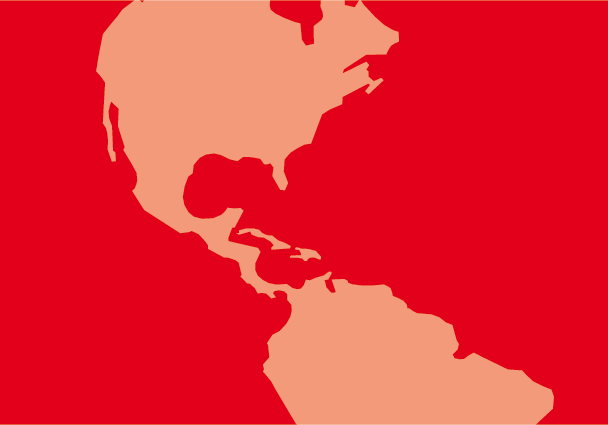
Jul 1, 1992
Colombian reality, characterized by long-standing political violence, among other types of violence, has a particularly victimized sector in its judges an d lawyers; this has led to the administration of justice or the practice of law as dangerous professions.
The purpose of the following investigation carried out by the “Comisión Andina de Juristas Seccional Colombiana” (Andean Commission of Jurists Colombian Section) and sponsored by the ICJ, is to analyze thirteen years of violent acts against judges and lawyers which are the result of the exercising of their profession (1979-1991). It shows a dismaying panorama concerning the independence of the judicial power and the protection of legal professionals in Colombia.
The thirteen years covered by the study are a perfect general view of Colombia during the last decade. The violence encouraged by the government as well as that perpetrated by paramilitary groups, drug-traffickers and guerrilla groups appears throughout the period covered by the study, as does the manifest impunity of the acts carried out by them . The efforts encouraged by the State to stop this atmosphere of anguish have not been effective enough, nor can they be considered respectful of human rights.
The remarkable number of cases registered, the combination of different factors and motives for violence that are briefly described in the research report, the types of violence, and even the particularities in the consummation of the deed show the complexity of Colombia’s case. This complexity, which can not be assimilated as a state of confusion, has created an atmosphere of resignation that has not promoted integrated responses, but rather temporary, short-term ones to the problem of violence in Colombia.
The study is based upon a substantial collection of statistical data, which are also reproduced in the report.
Colombia-violence against judges and lawyers-thematic report-1992-eng (full text in English, PDF)
Colombia-violence against judges and lawyers-thematic report-1992-spa (full text in Spanish, PDF)
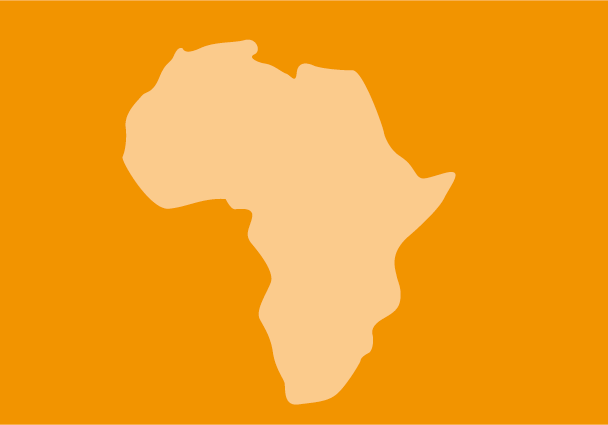
Mar 19, 1992
Rapport de la mission d’expertise de la Commission Internationale de Juristes (CIJ) à Madagascar, 15-29 mars 1992. Le but de la mission était de définir le cadre d’un appui potentiel de la Communauté économique européenne (CEE) au processus de démocratisation de ce pays.
Le rapport contient une description de l’environnement politico-juridique à Madagascar ainsi qu’une description et un analyse du rôle des médias. Il conclut avec des recommandations en rélation avec les structures d’observation, les bailleurs de fonds, aide au bon déroulement des élections, actions d’information et de sensibilisation, ainsi que des recommandations spécifiques sur les médias.
Madagascar-democratisation process-mission report-1992-fra (full text in French, PDF)
Madagascar-democratisation process-synthesis-mission report-1992-fra (synthesis of report in French, PDF)
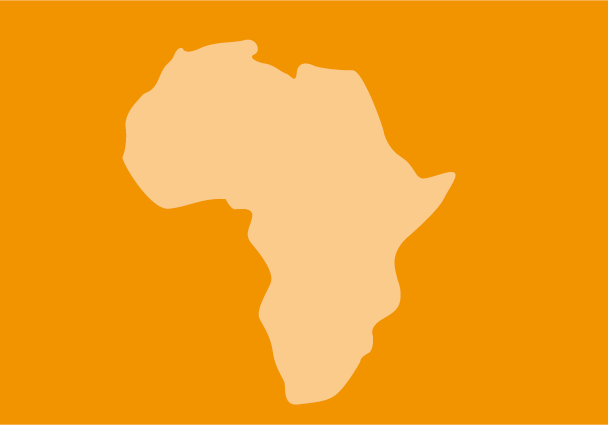
Mar 6, 1992
La Commission Internationale de Juristes a demandé Maitre Grace d’Almeida Adamon, avocate à la Cour, d’assister en qualité d’observateur au procès du Président Ivoirien de la Ligue Ivoirienne des Droits de l’Homme le sieur Degni Segui qui devait débuter le 24 février 1992.
Le rapport contient:
- Préliminaire
- La Situation Politique et Sociale
- Le Procès
- Appréciation Juridique
- Conclusions
Conclusion:
“Le Procès de Degni Segui apparaît incontestablement comme une machination politique pour réduire à néant toute forme d’opposition, qu’elle émane d’Organismes Non Gouvernementaux ou de Partis Politiques.
En effet, depuis l’avènement du multipartisme en Côte d’Ivoire, les partis politiques et la LIDHO ont exprimé haut et fort leur désapprobation sur tous les événements attentatoires aux Droits de l’Homme. Ils ont exprimé leur
désapprobation tant dans la presse nationale qu’ internationale, mais également en tenant des meetings ou en manifestant par des marches pacifiques.
Le Gouvernement n’étant pas habitué à ces nouvelles formes de revendications a voulu, par le biais d’une justice déjà tronquée à la base, réduire ceux qu’il appelle les opposants, oubliant que dans un système démocratique,
l’opposition est indispensable.
Il est à craindre, eu égard à l’issue du procès, que le but visé par le pouvoir en place soit atteint.
Il est donc important que la Communauté Internationale et plus spécialement la Commission Internationale de Juristes interviennent pour solliciter que le processus démocratique continue en Côte d’Ivoire et que triomphe la Primauté du Droit.”
Ivory Coast-case of professor René Degni Segui et al-trial observation report-1992-fra (full text in French, PDF)
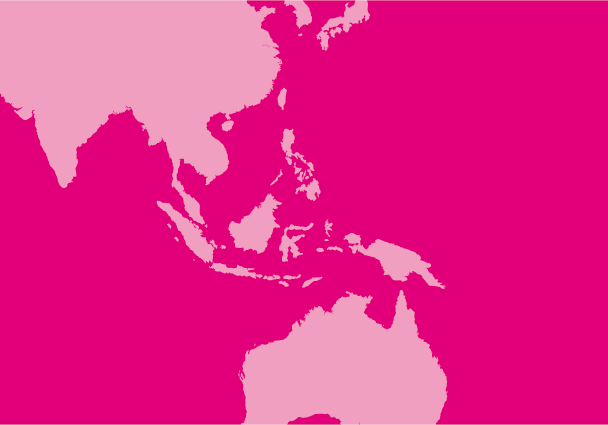
Jan 1, 1992
Following three missions in 1985, 1987 and 1992 to study the human rights of psychiatric patients in Japan, the ICJ published the conclusions and recommendations.
The recommendations set forth in the report address these issues and are intended to promote more flexible and coordinated mental health care through the mobilization of community resources as well as the provision of adequate budgetary support. Legal reforms are needed to transform the PRB system into an independent procedure in accordance with principles 17 and 19 of the UN principles.
Japan-psychatric patients-mission recommendations-1992-eng (full text in English, PDF)









